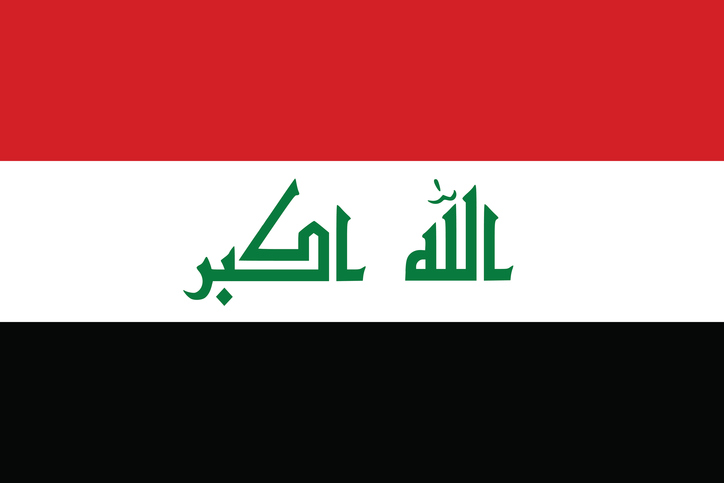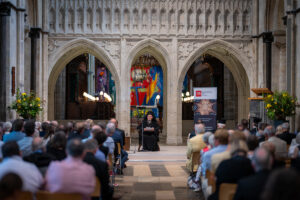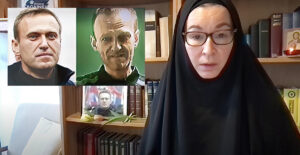After years of strife, by 2014 it was reported that 90% of the Orthodox Christians of Iraq had been displaced. Most of them are still refugees and have been unable to return home. Still others who remained are leaving now.
For previous ChristianPersecution.com coverage of the persecution of Christians in Iraq, click here.
“Iraq minorities, including Christians, still struggle 20 years after U.S.-led invasion,” by Dale Gavlak, OSV News, April 20, 2023:
DOHUK, Iraq (OSV News) ─ Twenty years after the U.S.-led invasion of Iraq started and six years after Iraq declared victory over the Islamic State, whose attacks started in 2014, the country’s religious minorities are still trying to surmount challenges.
According to the U.N. International Office for Migration (IOM), more than 200,000 Yazidis who survived the Islamic State’s brutality are still displaced, living in and outside camps across Iraq’s autonomous Kurdish region. The Islamic State abducted thousands of women and girls as sex slaves and massacred thousands of men.
Christians in the Kurdistan region say that while they appreciate its relative stability and security, they feel apprehensive about the future because of the recent history of violence in Iraq that forced them to pull up roots.
“My family once lived in the capital, Baghdad, but with the church bombings and sectarian attacks on Christians and other minorities after the 2003 war, we had to move up north to Dohuk,” an Iraqi Armenian man named Arsen told OSV News.
This Kurdish region also hosts Assyrians and other Christians, some of whom escaped IS, which attacked Mosul and the Nineveh Plains towns. In addition, camps for internally displaced Yazidis, who were targeted by IS militants for death, sexual slavery and forced labor, dot the area.
It is said that such camps are to be closed by the year’s end, but many wonder where this will leave the Yazidis, who feel that their own government betrayed them by failing to protect them from Islamic State atrocities.
“How can camps be closed when thousands of families have been living there for a long time? It’s like taking them to the streets. There needs to be a viable alternative,” Father Emanuel Youkhana, a priest of the Assyrian Church of the East, told OSV News.
The Yazidis with whom OSV News spoke added that they cannot return to Sinjar, their ancestral land where many of them lived at the time of the IS attacks because their homes and businesses were destroyed.
“There is no security, or livelihood possibilities there. Instead, there are a variety of military forces in Sinjar: whether it’s the Kurdish PYD (Democratic Union Party), Yazidi unit fighters, the Iran-backed Shiite Hashd al-Shaabi militia, Iraqi army. There are also Turkish airstrikes and an open border to Syria. I share their fear with them for Sinjar,” Father Youkhana said.
In March, the government of Iraqi Prime Minister Mohamed Shia al-Sudani allocated $38.5 million to rebuild Sinjar and villages in the Nineveh Plains.
Father Youkhana runs the Christian Aid Program Northern Iraq (CAPNI) for displaced Iraqis around the city of Dohuk. This Catholic organization also rebuilds homes and helps to restore livelihoods in several towns in the Nineveh Plains following its destruction.
“We are motivated by our Christian values because we are a Christian faith-based organization and the basis of our work is love. In the case of Iraq, to share love means that you have to take care of people in need. And so, we address the needs of these vulnerable communities,” he said….







